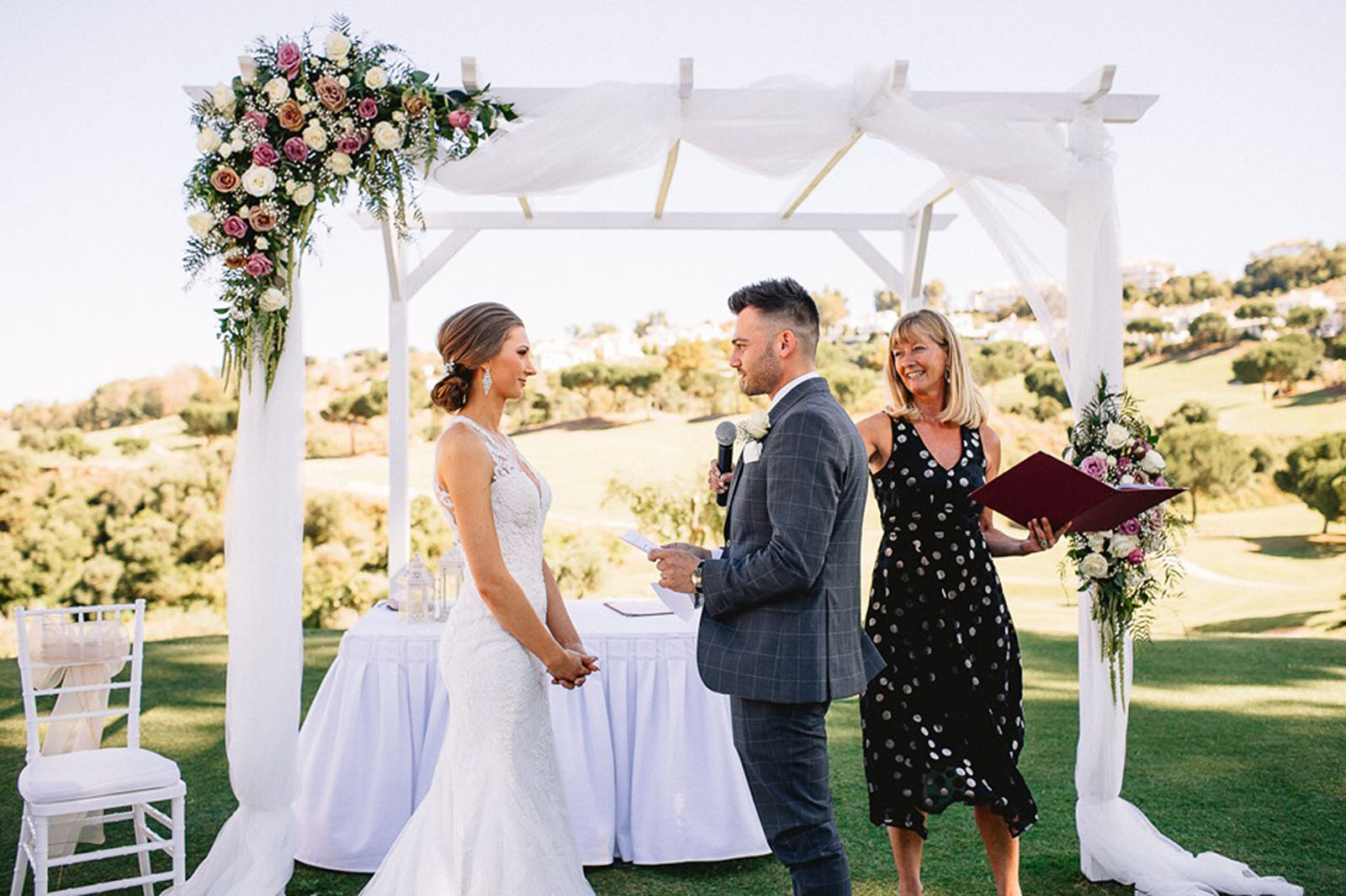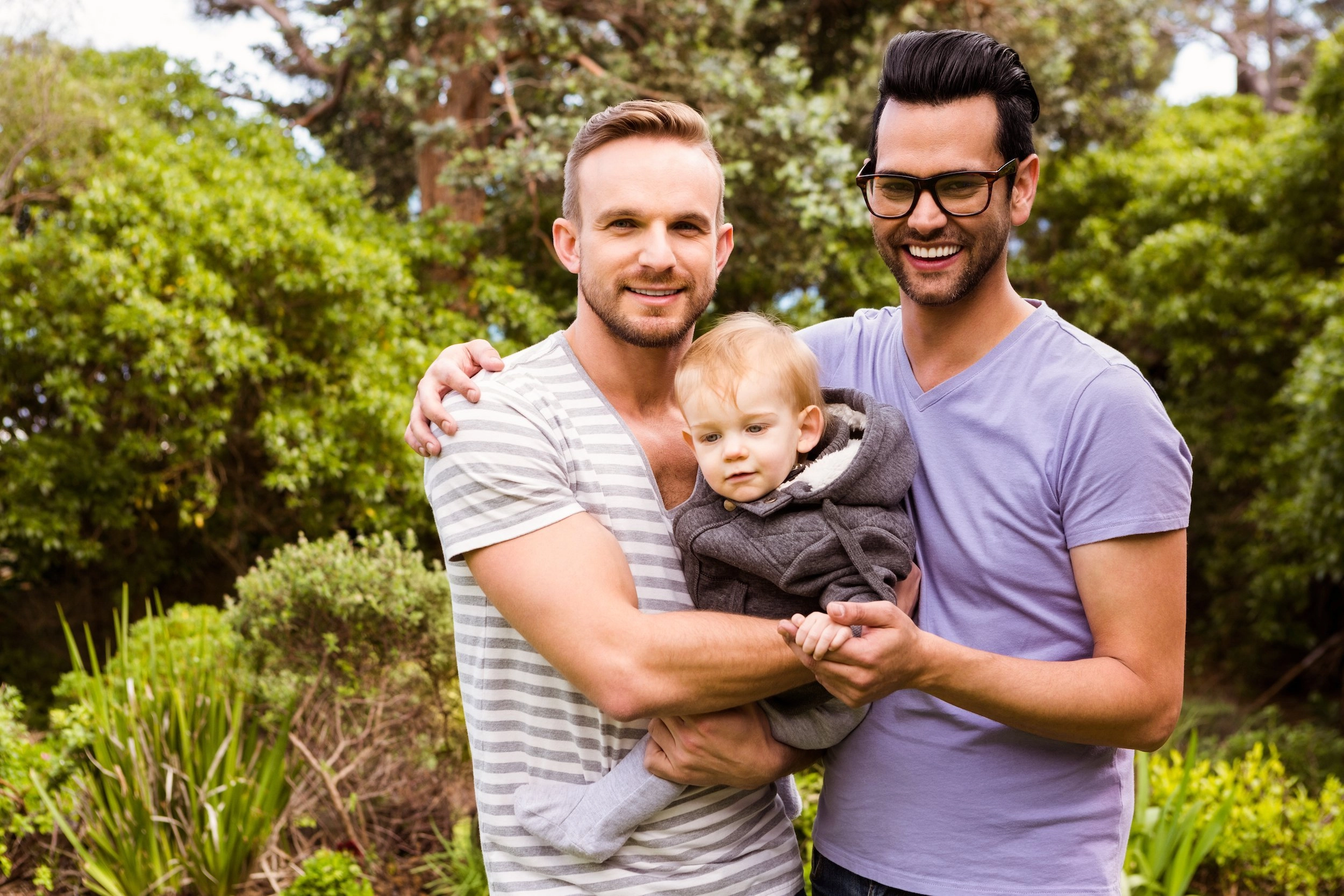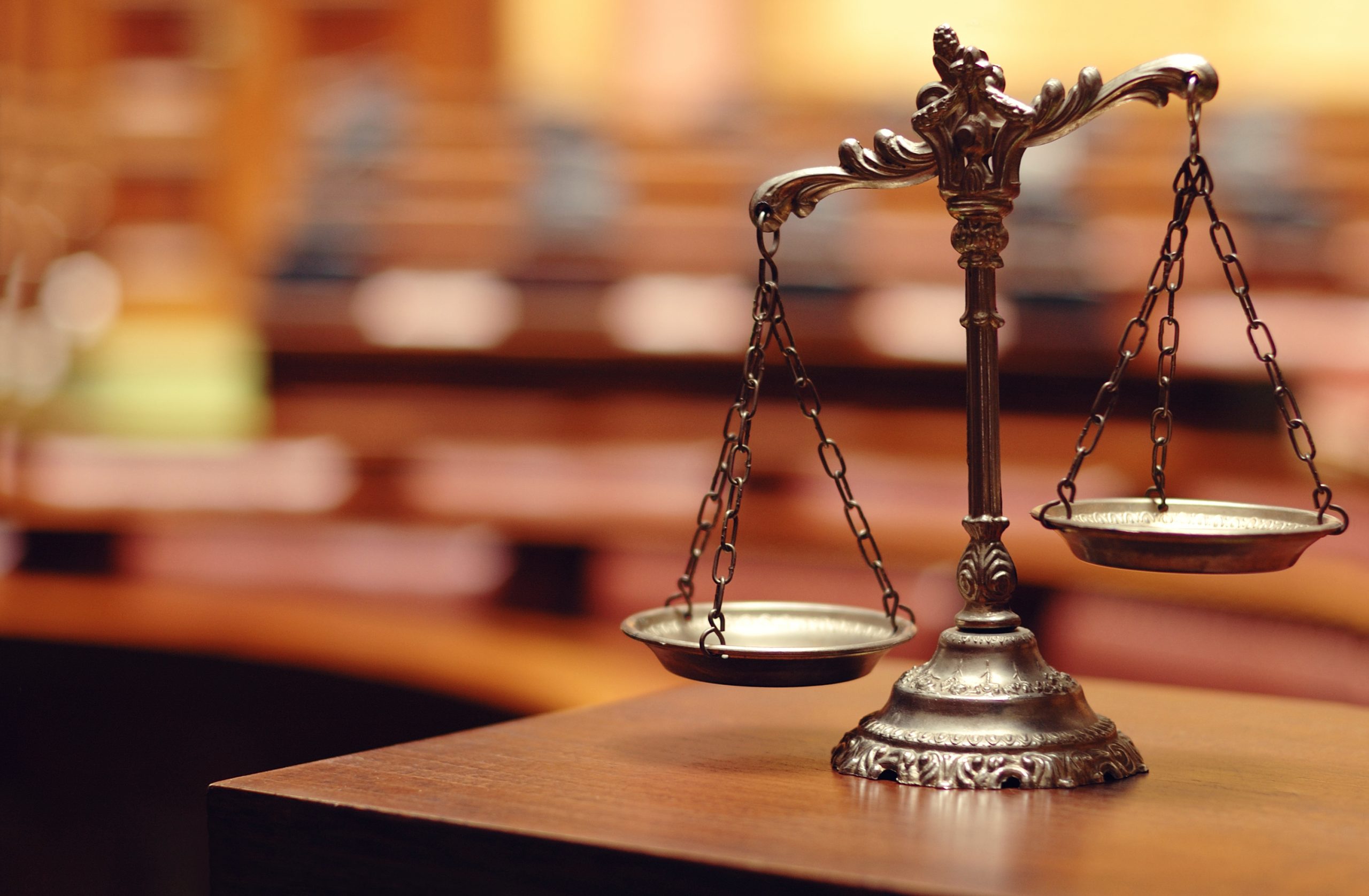Religion And Family Law - Navigating The Intersection
Navigate the interplay of religion and family law in this insightful article. Explore the impact of religious beliefs on marriage, divorce, and adoption. Discover the delicate balance between individual rights and religious freedom, shaping the evolving legal landscape. Essential reading for understanding the complexities of faith within the family.
Author:K. N.Nov 17, 202370.8K Shares970.2K Views
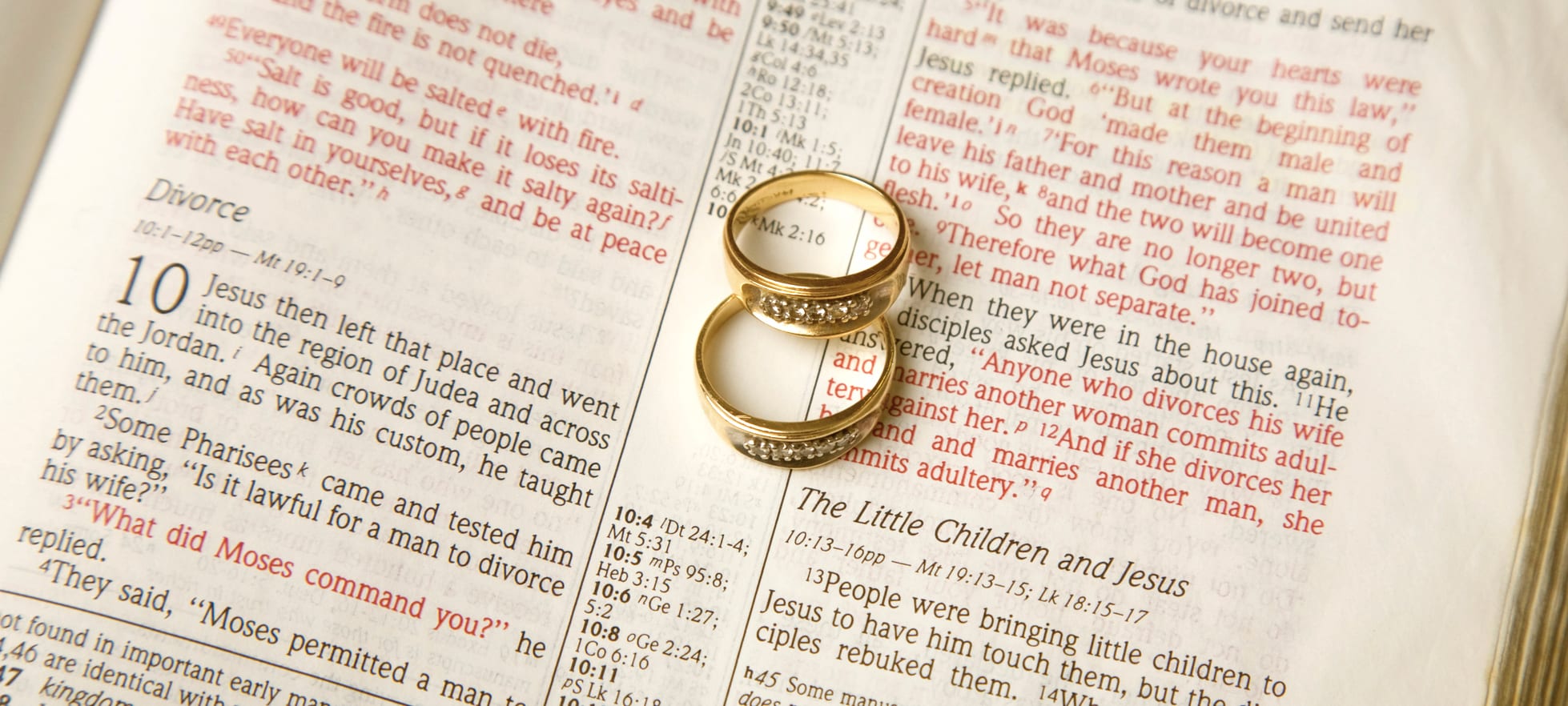
Family law, a domain intricately intertwined with society's core values, often intersects with religious beliefs, leading to complex legal scenarios. This intersection raises profound questions about individual rights, religious freedom, and societal norms. In this comprehensive exploration, we delve into the multifaceted relationship between religion and family law, examining the challenges, legal nuances, and societal implications.
The Significance Of Religious Beliefs
Religious doctrines often serve as the moral compass guiding individuals through life's major milestones, particularly within the realm of family. These beliefs shape perceptions of marriage, divorce, child custody, and adoption, laying the foundation for familial norms within a given faith community.
Marriage As A Sacred Covenant
In numerous religious traditions, marriage is revered as a sacred covenant, a union blessed by divine forces. The sanctity attributed to this bond transcends the secular realm, influencing the attitudes of adherents towards commitment, fidelity, and the enduring nature of marital unions.
Divorce - A Contested Terrain
Contrastingly, the landscape of divorce within the context of religious beliefs is complex and varied. While some faiths frown upon divorce, viewing it as a rupture of the sacred bond, others acknowledge its possibility under specific circumstances. Understanding these nuanced perspectives is essential for comprehending the challenges individuals face when navigating the intersection of religious ideals and legal divorce proceedings.
Child Custody - A Reflection Of Religious Upbringing
Religious beliefs extend their influence into the realm of child custody, shaping preferences regarding the religious upbringing of children. Courts, tasked with adjudicating custody disputes, must grapple with the delicate task of balancing parental rights with the perceived spiritual welfare of the child.
Adoption - Bridging Faith And Family
Adoption, a profound familial act, is not exempt from the influence of religious beliefs. Different faiths may have distinct views on adoption, impacting the processes and considerations involved. Religious adoption agencies, rooted in specific faith traditions, further highlight the nuanced relationship between religious principles and the adoption landscape.
The Interplay - A Crucial Endeavor
Understanding these diverse religious perspectives is a prerequisite for navigating the complex interplay between deeply held beliefs and the legal regulations that govern family life. Legal practitioners, policymakers, and individuals involved in family law proceedings must be attuned to the nuances of religious doctrines, recognizing that a one-size-fits-all approach is insufficient in a world characterized by religious diversity.
Religious Marriage And Premarital Agreements
Sacred Unions - Religious Perspectives On Marriage
Religious beliefs often sanctify the institution of marriage, establishing a sacred covenant between partners. The interplay between religious doctrines and legal frameworks can influence the recognition and solemnization of marriages. Examining how different faiths view marriage sheds light on the challenges and synergies between religious unions and legal obligations.
Premarital Agreements In A Religious Context
Premarital agreements, commonly known as prenuptial agreements, may intersect with religious teachings on marital commitment. Balancing the contractual aspects of these agreements with the sanctity of marriage, legal systems must address potential conflicts between the secular nature of prenuptial agreements and the religious principles guiding marital unions.
Navigating Divorce Through Religious Lens
The dissolution of a marriage within religious communities often requires adherence to specific religious lawsand rituals. This section explores the challenges when legal divorce processes clash with religious doctrines, emphasizing the importance of accommodating both legal and religious perspectives.
Religious Considerations In Child Custody Battles
Child placement and custody battles can become complex when religious beliefs influence parental rights and responsibilities. Courts must carefully navigate these situations, ensuring that the child's best interests align with both legal standards and the religious upbringing deemed essential by one or both parents.
Medical Treatment Decisions And Religious Beliefs
Religious Perspectives On Medical Treatment For Minors
The intersection of religion and family law extends to medical treatment decisions for minor children. Understanding how religious beliefs influence choices regarding healthcare for minors provides insights into the delicate balance required to uphold parental rights, religious freedom, and the child's welfare.
Religion-Based Visitation Issues In Custody Matters
Issues related to religion can surface in the context of visitation arrangements, particularly when one parent holds sole physical custody. The non-custodial parent might seek to introduce the child to a different religion during visits, often occurring on weekends or holidays. How do courts address these situations?
Courts typically employ a harm standard to assess whether exposing the child to the non-custodial parent's religion serves the child's best interest. If the child is not at risk of substantial harm due to exposure to religious practices, the court may permit it. Conversely, if harm to the child's religion or well-being is likely, the court may intervene and prohibit such exposure.
While many courts accept the idea that exposure to two different religions isn't necessarily harmful, deliberate interference by the non-custodial parent in the religious choices made by the custodial parent is generally frowned upon. Legal custody, which often includes the right to control the child's religious upbringing, is a significant factor in these cases.
Joint legal custody is common, where both parents share decision-making rights, including those related to religious upbringing. Ideally, parents should collaboratively establish agreements regarding all aspects of the child's religious instruction, addressing these matters comprehensively in a written parenting agreement or parenting plan.
Awareness of these issues is vital for parents, emphasizing the need for collaborative efforts to reach agreements that respect the child's religion and overall well-being.
Religious Beliefs And Same-Sex Adoption
In the ever-changing terrain of family law, the adoption of same-sex couples presents notable challenges. Traditional religious beliefs, deeply rooted in longstanding perspectives on homosexuality, intersect with the growing rights and acknowledgment of the LGBTQ+ community. This collision not only shapes the complex and dynamic legal landscape at the crossroads of religious convictions and family law but also prompts a deeper exploration of these issues. For further insights into the intersection of Christianity and LGBTQ+ issues, you can visitFellowship Baptist Church's website.
Tensions Between Religious Freedom And LGBTQ+ Rights
Legal battles in this arena illuminate the tensions between religious freedom and LGBTQ+ rights. The clash between deeply held religious convictions and the push for inclusivity and equal rights has sparked debates that transcend courtrooms and extend into broader societal conversations. The outcomes of these legal battles contribute significantly to shaping the landscape of adoption law and LGBTQ+ rights.
Fostering Dialogue And Inclusivity
As we navigate the intricate intersection of religion and family law in adoption, fostering open dialogue becomes imperative. Encouraging conversations that bridge the gap between religious beliefs and evolving societal norms helps create a path forward. Striking a balance that respects religious freedoms while upholding the principles of non-discrimination is essential for building a more inclusive and harmonious adoption landscape.
Legal Evolution And Social Progress
The legal battles surrounding adoption by same-sex couples and the policies of religious adoption agencies signify a broader evolution in family law and societal progress. Courts and policymakers must carefully navigate these complexities, recognizing that legal decisions in this realm have far-reaching implications for the rights and inclusivity of diverse families.
The Role Of Religious Adoption Agencies
Religious adoption agencies occupy a crucial space in the adoption process, specializing in placements within specific religious communities. However, their policies may present challenges when they clash with anti-discrimination laws, raising questions about the delicate balance between religious freedom and the imperative to ensure equitable and non-discriminatory adoption practices.
Legal Disputes And Ethical Dilemmas
The policies of religious adoption agencies, anchored in specific faith traditions, can lead to legal disputes and ethical quandaries. Conflicts with anti-discrimination laws bring forth a complex set of challenges, compelling a reevaluation of the intersection between religious principles and the evolving legal landscape. Striking a balance between protecting religious freedom and preventing discrimination becomes a central theme in navigating this intricate terrain.
Clash Of Religious Beliefs And Same-Sex Adoption
The evolving landscape of family law encounters significant tensions concerning adoption by same-sex couples. Traditional religious views on homosexuality often stand in stark contrast to the push for LGBTQ+ rights and inclusivity. This clash becomes a focal point in shaping the intersection of religious beliefs and family law, sparking legal battles that reflect the broader societal discourse on diversity, equality, and the definition of family.
Navigating The Tensions
The legal battles surrounding adoption by same-sex couples underscore the complexities inherent in navigating the intersection of religious beliefs and family law. Courts must grapple with the tension between upholding religious freedom and ensuring the rights of same-sex couples. The outcomes of these legal struggles not only shape adoption laws but also contribute to broader conversations about the evolving definition of family in contemporary society.
Seeking Harmony - Striking A Balance In Adoption And Family Law
Encouraging Inclusive Dialogue
Amidst the legal complexities and societal tensions, fostering open and inclusive dialogue becomes imperative. Encouraging conversations that bridge the gap between religious beliefs and the rights of same-sex couplescan lead to a more nuanced understanding and potentially pave the way for legal resolutions that balance competing interests.
Legal Evolution In The Pursuit Of Equality
The legal battles surrounding adoption and religious considerations signify an ongoing evolution in family law. As societies strive for greater inclusivity and equality, the legal landscape adapts to reflect changing norms and values. These legal developments play a crucial role in shaping the future of adoption, making it more reflective of diverse family structures and inclusive of all individuals, regardless of their sexual orientation or religious affiliation.
The Interplay Of Religion And Family Law
Navigating the intersection of religion and family law is a nuanced endeavor that demands a delicate balance between various societal elements. The interplay of individual rights, religious freedom, and societal harmony sets the stage for a complex dance within legal systems worldwide.
Upholding Individual Rights
At the heart of this delicate equilibrium lies the imperative to uphold individual rights. Family law must safeguard the autonomy and freedoms of individuals, respecting their choices and beliefs within the framework of legal protections. This involves recognizing the diversity of family structures and ensuring that legal provisions cater to the varied needs and preferences of individuals.
Ensuring Religious Freedom
Religious freedom, a cornerstone of democratic societies, adds another layer to this intricate dance. Legal systems must acknowledge and protect the right to practice one's religion without undue interference. This involves recognizing the sanctity of religious beliefs within the family unit while also considering the broader societal implications.
Promoting Societal Harmony
The broader goal of this balance is to promote societal harmony. Legal frameworks need to navigate the diverse tapestry of religious beliefs and family structures, fostering an environment where individuals with varying perspectives can coexist peacefully. Striking this chord requires a careful consideration of the potential impact of legal decisions on social cohesion and understanding.
Safeguarding Religious Beliefs And Preventing Discrimination
Safeguarding religious beliefs within the realm of family law involves recognizing and respecting the influence of faith on personal choices, marriage, and child-rearing. Legal protections should ensure that individuals are free to practice their religion within the bounds of the law, fostering an environment where diverse religious beliefs are acknowledged and respected.
Simultaneously, legal systems must actively work to prevent discrimination. The delicate balance requires safeguards against discriminatory practices based on religious beliefs, ensuring that individuals are not unfairly treated or marginalized due to their faith. Equality under the law becomes paramount, irrespective of one's religious convictions.
Equal Protection Under The Law
Ultimately, the delicate balance seeks to provide equal protection under the law for all individuals, regardless of their religious affiliations. This means that legal frameworks should be crafted to accommodate diverse religious beliefs while maintaining a commitment to fairness, justice, and equality.
Family Law - FAQs
What Is The Relationship Between Religion And Family?
Religion and family share a deep and intricate relationship. Many religious traditions emphasize the importance of family as a fundamental unit of society. Religious beliefs often shape family values, guiding principles, and ethical frameworks. Family rituals, traditions, and roles are frequently influenced by religious teachings, fostering a sense of shared identity and purpose within the family unit. Additionally, religious communities often serve as support networks, providing guidance and a sense of belonging to families.
What Is The Relationship Between Religion And The Law?
The relationship between religion and the law varies globally. In some societies, there is a clear separation between religious principles and legal systems, promoting the principle of secularism.
In contrast, certain legal systems are directly influenced by religious laws. Issues such as marriage, divorce, and ethical considerations may be informed by religious doctrines. Navigating this relationship requires balancing the principles of religious freedom with the need for a fair and impartial legal system.
How Does Religion Affect Family Roles?
Religion significantly shapes family roles by providing guidelines for the behavior and responsibilities of family members. Different religious traditions prescribe specific roles for husbands, wives, parents, and children within the family structure. For example, some religions emphasize traditional gender roles, while others promote more egalitarian ideals. Religious teachings impact parenting styles, marital expectations, and the overall dynamics within the family, contributing to a unique family culture influenced by the tenets of the faith.
Conclusion
As society becomes more diverse, the interconnection between religion and family law will continue to evolve. Acknowledging and respecting different religious beliefs while upholding legal principles is essential for fostering a harmonious coexistence. By embracing diversity and inclusivity, legal systems can adapt, ensuring that family law remains just and equitable for everyone, regardless of their religious convictions.
In conclusion, the intricate relationship between religion and family law highlights the need for sensitivity, understanding, and legal adaptability. By fostering dialogue and mutual respect, societies can navigate these complexities, ensuring that family law evolves to meet the needs of diverse communities while upholding the fundamental principles of justice and equality.
Jump to
The Significance Of Religious Beliefs
Religious Marriage And Premarital Agreements
Medical Treatment Decisions And Religious Beliefs
Religion-Based Visitation Issues In Custody Matters
Religious Beliefs And Same-Sex Adoption
Tensions Between Religious Freedom And LGBTQ+ Rights
Seeking Harmony - Striking A Balance In Adoption And Family Law
The Interplay Of Religion And Family Law
Family Law - FAQs
Conclusion
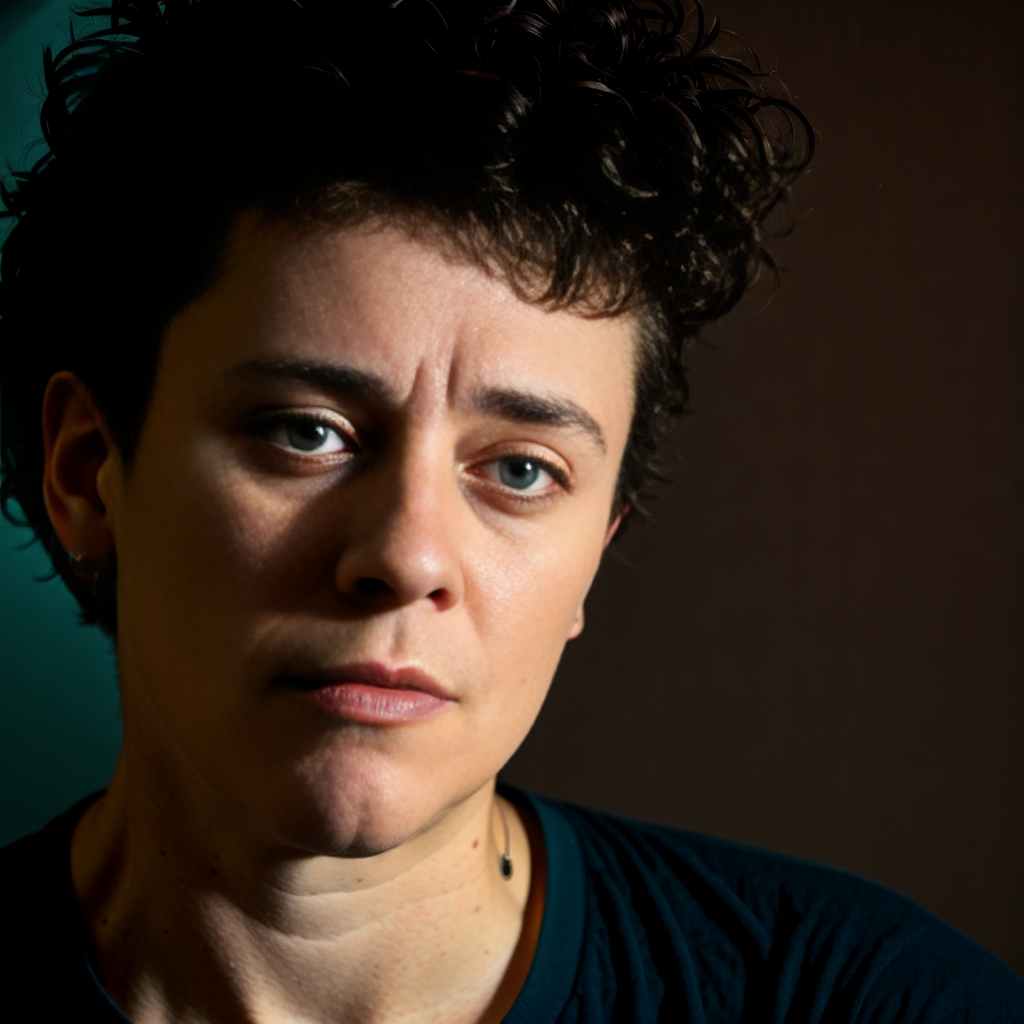
K. N.
Author
Latest Articles
Popular Articles

